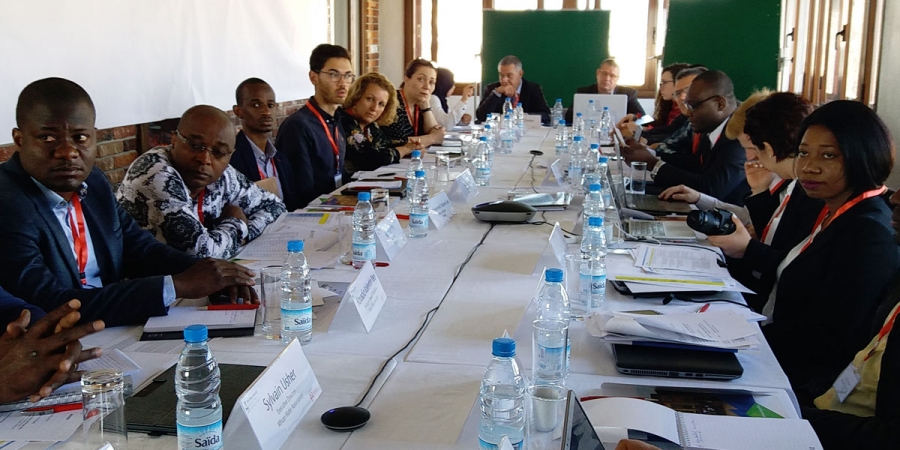From May12 to 15, 2018, the Pan African University Institute of Water and Energy Sciences (including Climate Change) (PAUWES) held a workshop in Tlemcen, Algeria, with its key partners, including the African Water Association to review the training curricula for engineering students in the fields of Water and Energy. When opening the workshop, the Director of PAUWES, Mr. ZERGA Abdellatif said how much hope he expected from the conclusions of the reflections that were going to be conducted during the work, which will help the institute to satisfy the market demand. To help the participants to fully understand the expectations, he recalled the history of PAUWES, an African Union project that resulted in the creation of the Pan African University. The group discussions reviewed the current PAUWES curricula in the light of trends in the Water and Energy sectors, the experiences of PAUWES graduates and the analysis of their employment, the technical skills required for each engineering sector (Water and Energy) at the end of the training and finally the professional skills required for a better employability of Engineers. Topics on “Technical Skills for the Water Policy and Energy Policy” were also discussed.
The plenary sessions helped to identify the participants' proposals, which can be summed up as follows: the reorganization of each training program, taking into account in the context of the water sector, the different stages of production, distribution, processing and reuse. New training modules were also proposed to be included in the training curricula of the PAUWES engineers namely “the management of faecal sludge” and “Non-Revenue Water”. Furthermore, it was recommended to offer some courses in half-day conference to give more time to the technical courses. Afterwards, the question of the employability of young graduates and the additional skills that these young people must develop was discussed. The African problem is not the lack of technically qualified graduates, noted the assembly, but poor governance.
It is worth noting that if this workshop identified the outlines to be incorporated in the training of Engineers, the details such as the number of hours per training module, the contents and their planning in academic calendar will be the subject of the next workshop which should be held in June.

 English
English  Français
Français 
